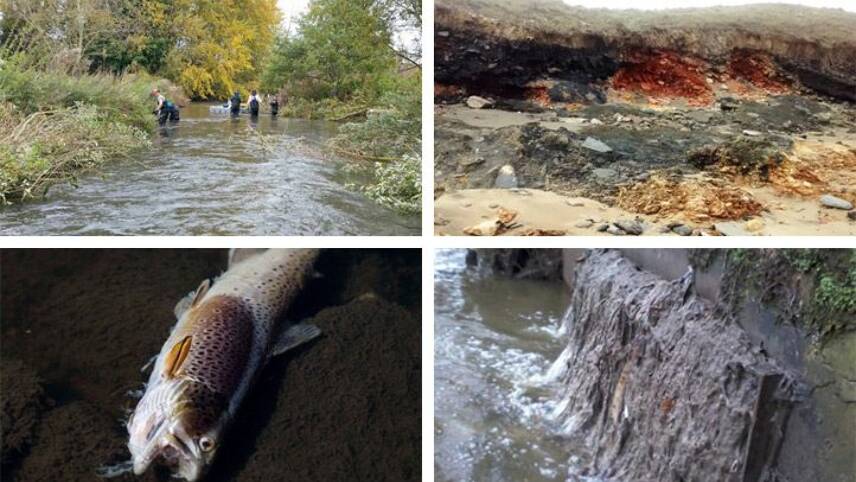Register for free and continue reading
Join our growing army of changemakers and get unlimited access to our premium content

IEMA claims that important UK regulators operating with
That is the key conclusion of a new investigation by The Institute of Environmental Management and Assessment (IEMA), which looked into trends around the enforcement of laws which preserve nature across the UK over the past ten years.
The investigation, called Unchecked, found that the Environment Agency’s environmental protection budget has fallen by 62% in real terms since financial year 2010-2011, taking into account Government cuts, inflation and economic trends. This issue, IEMA states, was a key contributor to a 22% drop in staff numbers over the past eight years and an 80% reduction in prosecutions.
IEMA additionally found that funding for Natural England dropped by two-thirds between financial year 2009-2010 and financial year 2016-2017, with staff member numbers having fallen 21% during the same timeframe.
Significant funding decreases were also recorded within the same timeframe at bodies including the Scottish Environmental Protection Agency (32%), National Parks (25%) and Maritime Management Organisation (57%).
According to IEMA, these trends in regards to staff and financing are leaving environmental enforcement bodies unable to complete the inspections and prosecutions necessary for the UK to meet the ambitions of policies such as the 25 Year Environment Plan.
Specifically, the Institute recorded a 33% fall in waste-related prosecutions; a 57% fall in wildlife crime prosecution; a 12% fall in farm business inspections and a 30% fall in water quality tests between 2009-2010 and 2016-2017.
Moreover, nearly half of the UK’s Sites of Special Interest have not had an environmental inspection in the past six years, while just one in 100 water pollution incidents between 2013 and 2017 resulted in prosecution. During this timeframe, there was an average of one serious pollution incident per week.
“We need a properly funded regulator to underpin our vital environmental protections,” IEMA’s chief policy advisor Martin Baxter said.
“Businesses that effectively manage compliance with environmental regulations shouldn’t be undercut by those who flout the rules.”
Policy response
Data for Unchecked was collected for IEMA by grant-making charity The Ecology Trust, which was supported by the JMG Foundation, The Kestrelman Trust, and The Funding Network.
According to the charity’s lead Emma Rose, the trends exposed through the investigation are “alarming and a cause for serious national concern”.
Responding to Unchecked’s findings, a spokesperson for the Department for Food, the Environment and Rural Affairs (Defra) said: “We are committed to working with independent regulators and ensuring they have the resources to protect and enhance our natural environment for future generations.”
Post-Brexit watchdog
The launch of Unchecked comes a little over two months before the UK’s planned exit from the EU. At this point, a new national watchdog called the Office for Environmental Protection (OEP) will come into being in order to carry out inspection and enforcement duties previously covered by the Bloc.
As stipulated in the UK’s draft Environment Bill, the OEP will have the power to take businesses, public bodies and the Government to court over any breaches of environmental law. However, the body will not be able to issue fines, call senior representatives to attend Government hearings or place non-compliant organisations into ‘special measures’.
At the time of the draft Bill’s publication, then-Environment Secretary Michael Gove claimed the OEP would be “world-leading”.
That claim has since been criticised by green campaign groups, MPs and Ministers in Northern Ireland.
In a bid to allay these criticisms, Gove recently unveiled plans for a “distinguished” lawyer to lead a shadow watchdog to oversee environmental protection in the event of a no-deal Brexit. Whether these plans will be continued by his replacement, Theresa Villiers, remains to be seen.
Sarah George


Please login or Register to leave a comment.